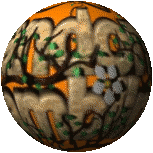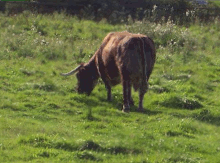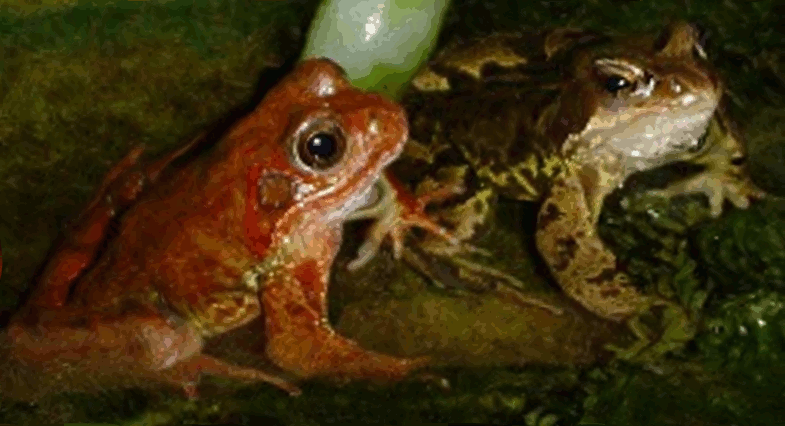I love reading books and one that I recently came across is called Aunt Epp’s Guide for Life – Elspeth Marr (1871-1947). It is a sort of journal with a mixture of knowledge, recipes and guidance that is quite refreshing and novel. Some aspects of it show just how worldly the Victorians were …
Here is one saying that caught my eye and I particularly like:
‘Keep active, even when you are ill, if possible, for there are vultures and jackals both within you and without, who take note when the lion lies down to die.’
The book also mentions Lifebouy soap and what it was used for … in the 1950’s or thereabouts Lifebouy or carbolic soap could be bought for just a few pence in a long maroon block. Schools would chop it into small squares for children to wash their hands with before meal times. Hospitals would have it at the washbasins in the wards and mothers would have it in their kitchens. My goodness, in those days their may have been germs but my how we attacked them!
The book is printed by Michael O’Mara Books Limited – ISBN 978-84317-343-4
It is worth checking your local library or book shop … if nothing else then at least take a glance at this lovely ‘old-fashioned’ book.








































































